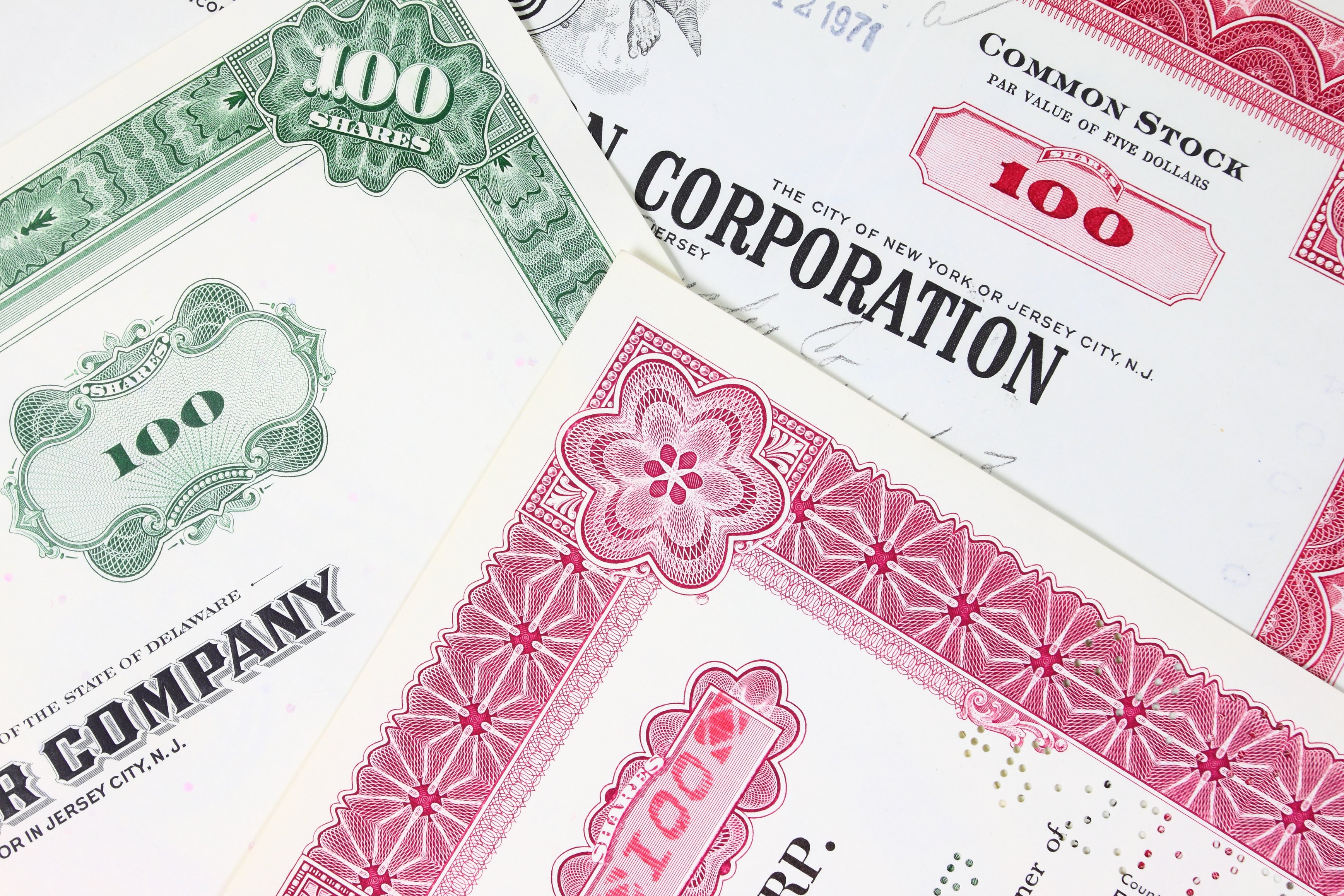I don't envy value investors like the ones who run The Motley Fool's Inside Value newsletter. They search high and low for stocks trading below what they believe is fair value. Then they buy the shares, and wait ... and wait .... until other investors finally see what they've seen.
Biotech investors, on the other hand, don't have to worry about whether shares will change price. For better or worse, shares will almost always go up or down after a binary event, such as a clinical trial result or Food and Drug Administration approval.
Valuing the change
There are no sure things in biotech investing. Amylin Pharmaceuticals (Nasdaq: AMLN) and Eli Lilly's (NYSE: LLY) Bydureon got shot down on its second attempt at an FDA approval, even though most investors -- myself included -- figured it was extremely likely.
Instead, Fools should regard every binary event as a varying degree of confidence in a positive or negative result. You can then combine that information with your predictions of the share prices after a positive or negative result to get an idea of the fair value of the company.
Predicting the value of a company after an FDA approval is more art than science. To help, you can employ certain tricks, like using comparable companies, or looking at how the options market is valuing the change.
For instance, here are some possibilities for prices of shares of Human Genome Sciences (Nasdaq: HGSI) after the FDA decides on its lupus drug Benlysta, which it'll market with GlaxoSmithKline:
- The FDA asks for new clinical trials. Price target: $5
- The FDA asks for some additional data that the companies can gather quickly. Price target: $20
- The FDA approves the drug, but slaps a restrictive label on the drug that limits potential sales. Price target: $15
- The FDA approves the drug with a label that allows widespread use of Benlysta. Price target: $35
In the table below, I've kept the first two constant, so we can see how varying the chance of a restrictive label has on the value.
|
Likelihood of $5 After FDA Decision |
Likelihood of $20 After FDA Decision |
Likelihood of $15 After FDA Decision |
Likelihood of $35 After FDA Decision |
Fair Value |
|---|---|---|---|---|
| 5% | 15% | 70% | 10% |
$17.25 |
| 5% | 15% | 55% | 25% |
$20.25 |
| 5% | 15% | 40% | 40% |
$23.25 |
| 5% | 15% | 25% | 55% |
$26.25 |
| 5% | 15% | 10% | 70% |
$29.25 |
Source: Author calculations.
You can use your own price estimates to get your own answer. If for instance, you think a restrictive label won't be that damaging -- perhaps $20 per share is more realistic -- then the calculation for the top line would be:
$5 x 0.05 + $20 x 0.15 + $20 x 0.7 + $35 x 0.1 = $20.75
You're just guessing!
Absolutely. But you only have to guess better than the rest of the investors to make a wise investment. I actually think the 25% chance of a restrictive label is a good estimation, which means that shares are reasonably priced at $26 and change; not different enough from the current stock price to get me interested.
Taken to the extreme, you could actually invest in an event that was highly unlikely, but still showed a positive upside because pessimism is so high. If for instance, you estimated the chance of Cell Therapeutics (Nasdaq: CTIC) winning its FDA appeal at just 10%, it would still look like a good investment. I don't think it's anywhere near that high, but if you differ, by all means invest away.
Just keep this sort of wagering to a small percentage of your portfolio. When playing the low percentages, you may have a lot of blowups before you hit the big one.
A few for the road
Here's a couple of drugmakers with upcoming binary events to work on at home:
- Orexigen Therapeutics (Nasdaq: OREX) could hear about its obesity drug Contrave on Monday.
- Vertex Pharmaceuticals (Nasdaq: VRTX) should get an FDA decision about its hepatitis C drug, telaprevir, on or around May 23.
- Exelixis (Nasdaq: EXEL) expects phase 3 data for XL184 in a type of thyroid cancer this year.
Any binary events you're anticipating? Share your percentages, price targets, and final values in the comment box below.





